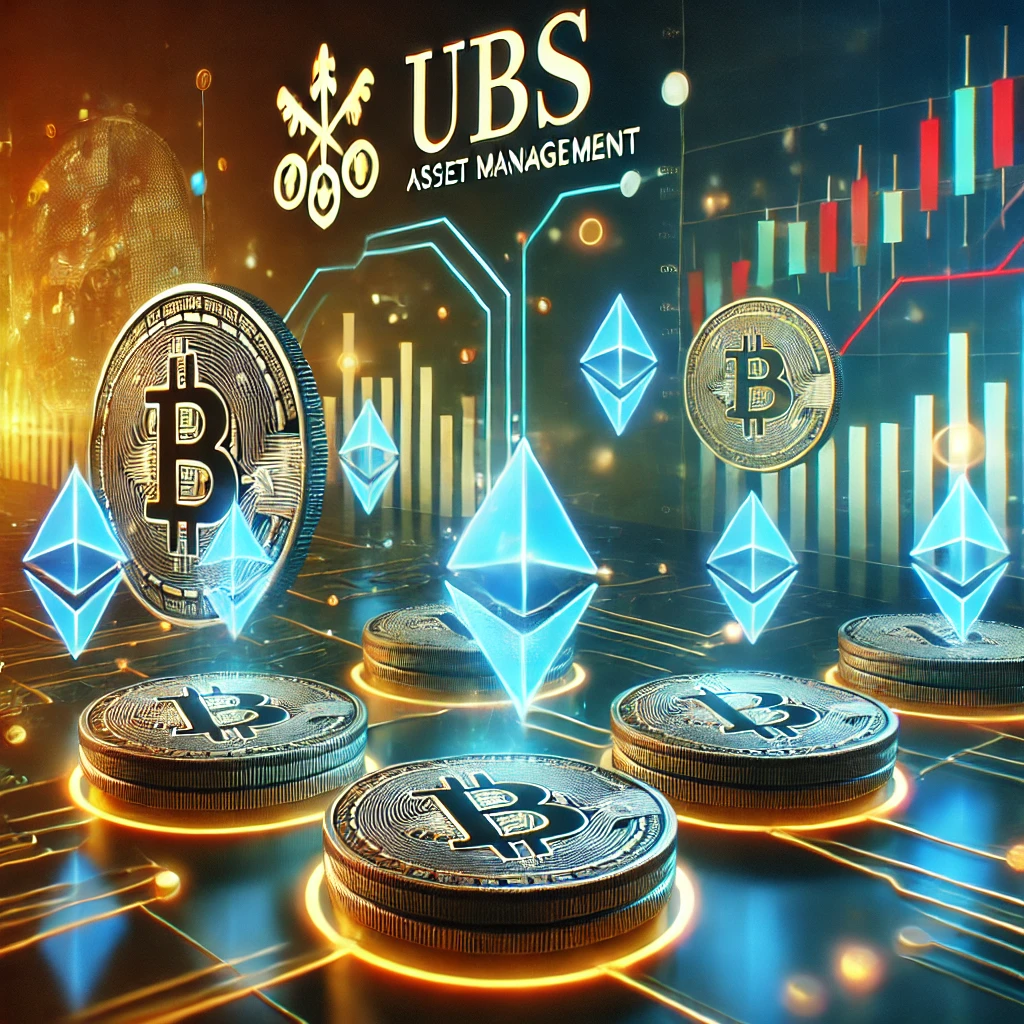The Future of Sustainability is On-Chain
In recent years, the convergence of blockchain technology and environmental finance has given rise to an exciting innovation: RWA (Real World Asset) tokenization for sustainable bonds and credits. What was once a domain for institutional giants is now becoming accessible, transparent, and globally scalable thanks to this technology.
At the forefront of this transformation is the tokenization of carbon credits, green bonds, and renewable energy projects. These instruments—traditionally mired in bureaucracy and limited liquidity—are being reimagined through blockchain as digital assets that can be easily traded, tracked, and verified.
What Is RWA Tokenization?
RWA tokenization refers to converting physical or real-world assets into digital tokens that live on a blockchain. These tokens represent ownership, rights, or claims over assets like real estate, commodities, or—more recently—sustainability-focused financial instruments.
With blockchain, each token carries metadata about its origin, certification, and compliance status. This level of granularity ensures greater transparency and traceability—key pillars in the fight against greenwashing and fraudulent emissions reporting.
The Rise of Sustainable Digital Assets
Thanks to frameworks introduced by organizations like Antier Solutions, developers and financial institutions now have the infrastructure to tokenize:
-
Carbon credits issued by verified environmental projects
-
Green bonds that fund renewable or low-emission projects
-
Energy tokens tied to production from wind, solar, and hydropower plants
These assets can be fractionalized, allowing micro-investors to participate in previously inaccessible markets. It also enables real-time auditing and reporting, with immutable blockchain records replacing outdated spreadsheets and third-party validation.
Why It Matters
-
🌍 Democratization of Impact Investing: People around the world can now invest in climate action with minimal barriers.
-
📊 Increased Liquidity: Sustainable finance products can be traded 24/7, expanding the market beyond traditional institutional players.
-
🔎 Enhanced Trust & Verification: Projects are validated on-chain with clear proof of impact.
-
💡 Incentivized Sustainability: By assigning value to carbon reduction or clean energy output, projects are economically rewarded for their contribution to the planet.
Challenges and Considerations
While the benefits are clear, RWA tokenization of sustainability products faces some hurdles:
-
Regulatory alignment is still evolving globally. Clearer policies are needed to bridge traditional finance and crypto-native ecosystems.
-
Interoperability across chains and standards is necessary for mass adoption.
-
Environmental concerns about blockchain itself must be addressed—though many tokenization platforms are migrating to low-emission networks like Polygon, Avalanche, or Hedera.
The Green Finance Renaissance
As climate urgency increases, the need for scalable, transparent, and participatory financing mechanisms becomes critical. Blockchain offers a robust foundation to support this shift, and tokenized sustainability assets may be the catalyst we’ve been waiting for.
Institutions, developers, and even retail investors have an opportunity to play an active role in decarbonizing the planet—not just through policy, but through programmable, borderless capital.




